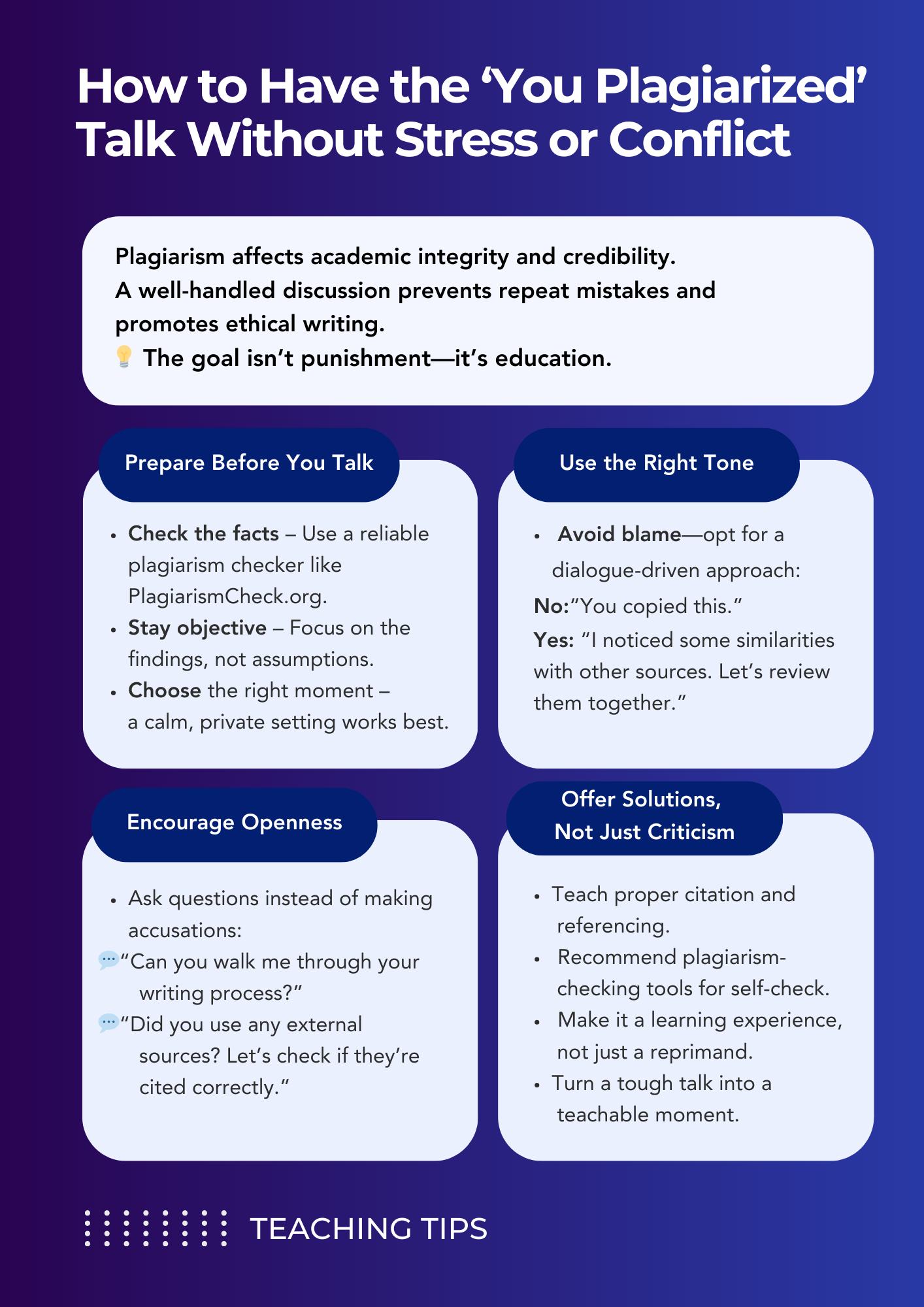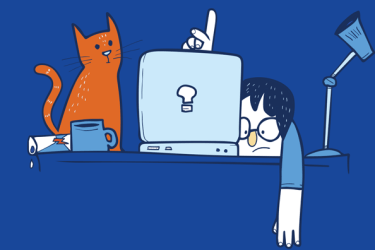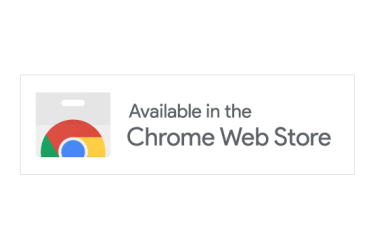You read a text – a student essay, a blog post, a media article – and can’t get rid of deja vu. The text sounds as if you’ve seen it before. Plagiarism checkers don’t detect anything wrong but the catch is definitely somewhere around here. Savvy educators and editors know this catch. Synonymized plagiarism is its name.
“If all is that simple, why shall I spend time and money on plagiarism detections unable to discover duplications?”
First, not all plagiarism checkers work the same way. (Spoiler alert: ours recognizes synonyms.) Second, there are some tricks to help you discover this type of plagiarism in texts; in this article, we are going to share them. But first things first:
What’s So Tricky About Synonymization?
The more advanced technologies appear to beat plagiarism, the more loopholes cheaters try to find to circumvent restrictions. Obviously, it’s a nightmare for students to be accused of plagiarism as consequences might be way more serious than poor grades. Plagiarism is one of the despicable acts of academia, and educational institutions move heaven and earth to defeat this phenomenon. But not by academics alone.
- It’s wrong to steal content.
- It’s embarrassing.
- Consequences are far from pleasant.
Use advanced plagiarism checkers and consider your human powers to detect this plagiarism type instantly.
What You Can Do Yourself to Detect Synonymization
“To exist, or not to exist? That is the query.”
- It doesn’t sound natural: weird grammar constructions, low readability, word choice fails the context.
- It closely echoes texts you’ve already read.
- It doesn’t fit the writing style of a given author: their other works sound different.
- It has too many stop words, wish-wash, redundant adverbs and adjectives, passive voice, parentheses, and other lexical items with no meaning.
- It doesn’t sound like a logical narration: sentences or paragraphs seem unrelated to each other.






